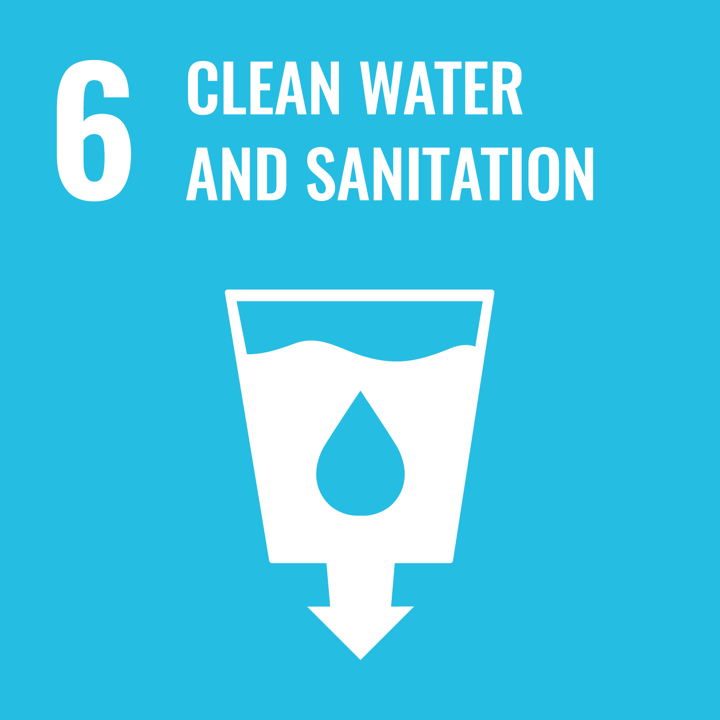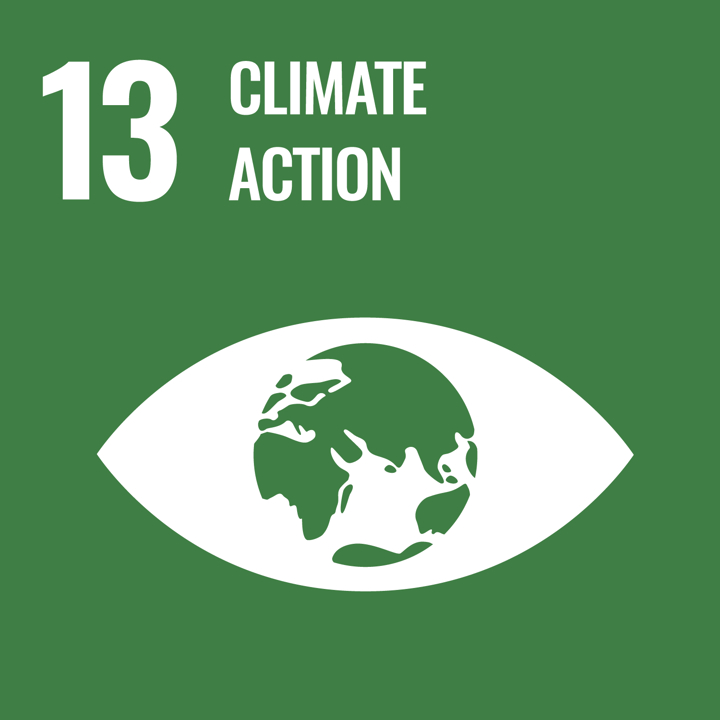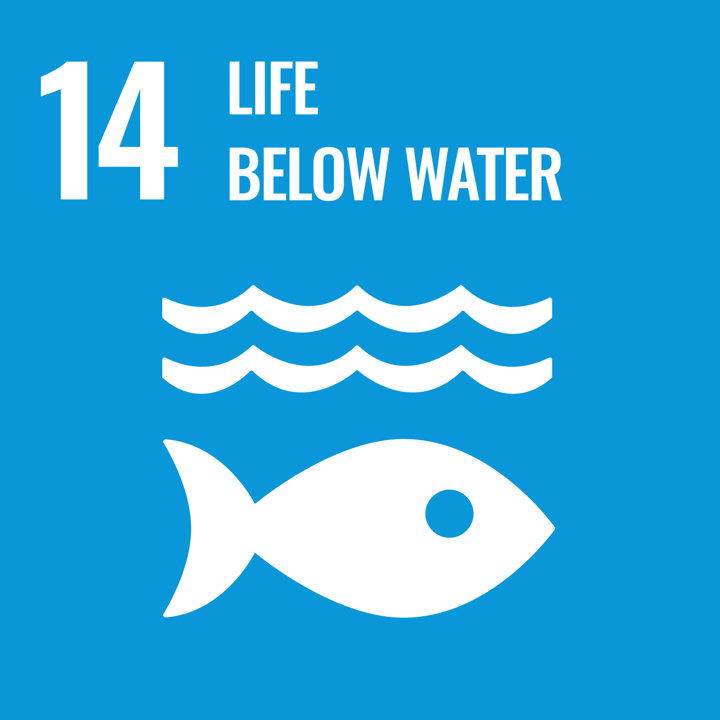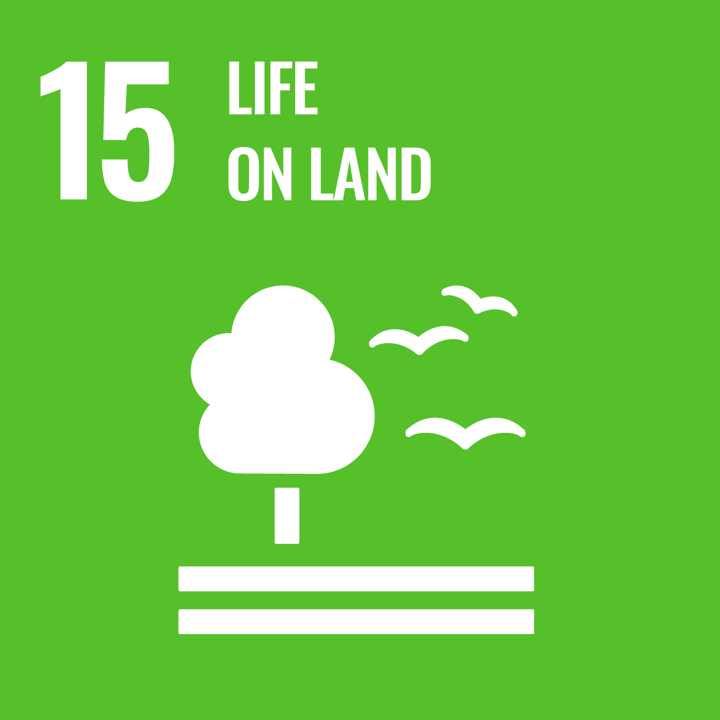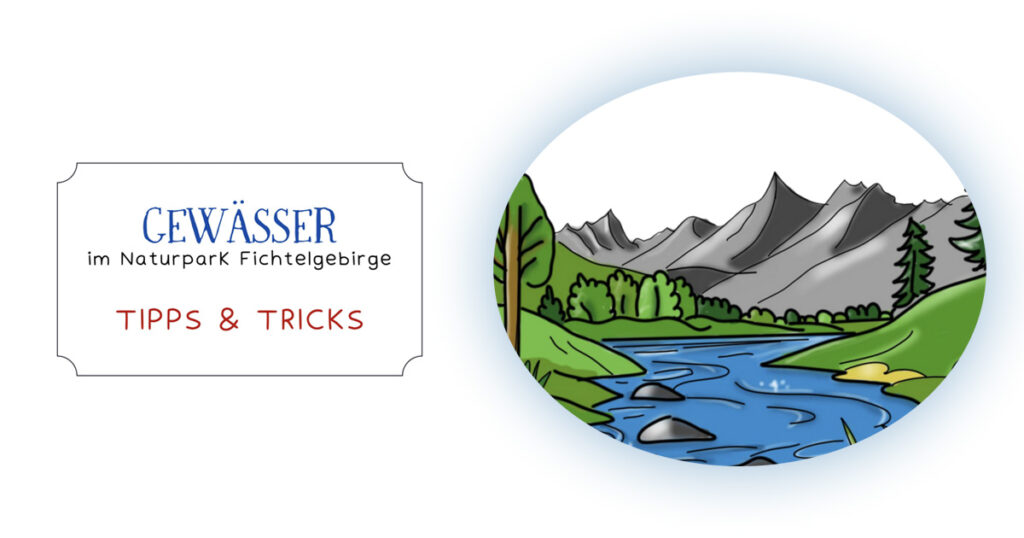
Intended End User: Teacher
Age Group: Lower Primary; Upper Primary
School Curriculum: Science; Social, Physical & Health Education; Social & Environment Science; Arts; Applied Science
Themes and Topics: Environmental Change, Information & Knowledge
Duration: 4 hours.
Type of Resource: Experiment, Guidelines & Notes, Lesson Plans
Keywords: Water; Water Habitat; Species Knowledge; Water Pollution Control; Environmentally Friendly Behaviour
Languages: English, German
Description
This handbook is a practical guide designed for educators conducting outdoor, hands-on excursions focused on water ecosystems. It introduces children to environmental science through exploratory and engaging activities centered on streams, rivers, and wetlands. The resource emphasizes experiential learning, fostering curiosity and environmental responsibility.
The handbook includes detailed instructions for experiments such as modeling the water cycle, testing soil filtration, and analyzing water pollution. It incorporates interactive methods like sketches, species identification using apps or field guides, and reflective discussions. Materials are minimal and often sourced from the natural environment, making the activities accessible and sustainable.
Beyond activities, the guide offers contextual knowledge about ecosystems, particularly those in the Fichtelgebirge region, highlighting their unique biodiversity and ecological importance. It underscores the need for water conservation and the protection of aquatic habitats.
The handbook promotes teamwork, critical thinking, and a deep connection with nature. With its student-centered approach and emphasis on environmental stewardship, it serves as an excellent tool for fostering a love for nature and sustainable practices in young learners.
How to use this resource
The handbook provides a structured yet flexible framework for conducting outdoor educational excursions focused on water ecosystems.
The resources
Handbook is available in English and German.
Water Bodies Trips & Tricks (PDF) – English:
Water Bodies Trips & Tricks (PDF) – German:
Students Book is available in German:
Learning Outcomes
- Elicit prior knowledge and further develop knowledge and comprehension of key Sustainability Citizenship key concepts, challenging established worldviews and values.
- Apply a range of suitable tools and frameworks to promote student Sustainability Citizenship
- Reflect on practice and examine national curricula to identify opportunities to promote Sustainability Citizenship in interdisciplinary ways and engage with external stakeholders.
- Collaboratively synthesise the knowledge, tools and frameworks to create educational materials and lessons plans adapted to their own local context
- Develop and apply assessment criteria to evaluate Sustainability Citizenship in students.
Green Competencies
- Embodying Sustainable Values: Valuing Sustainability; Promoting Nature
- Embracing Complexity in Sustainability: Systems Thinking; Critical Thinking; Problem Framing
- Envisioning Sustainable Futures: Futures Literacy; Adaptability; Exploratory Thinking
- Acting for Sustainability: Collective Action; Individual Initiative
Creative Commons

SDGs
